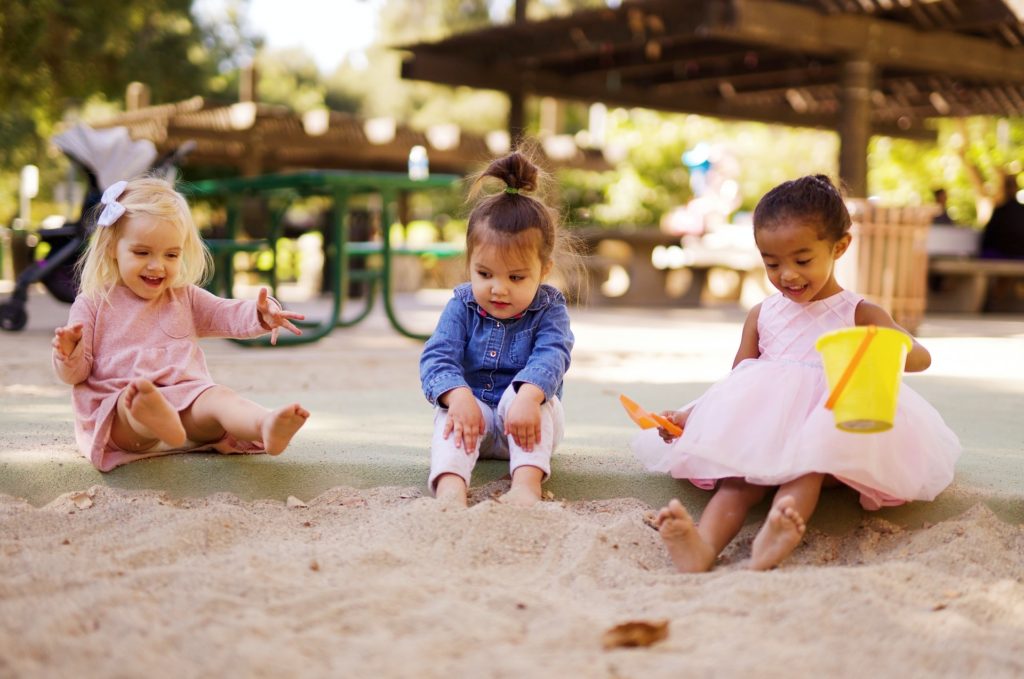Babies and children develop in individual ways and at varying rates. Every area of development – physical, cognitive, linguistic, spiritual, social and emotional – is equally important. All children are unique and develop in their own way. Development Matters and the Principles into Practice cards set out children’s broad stage of development. The Early Years Foundation Stage sets out areas of learning as Personal, Social and Emotional, Communication and Language, Physical Development, Literacy, Mathematics, Understanding the world and expressive arts and design. Use this link to read more about the broad stages of development for children aged 0 – 5. https://assets.publishing.service.gov.uk/government/uploads/system/uploads/attachment_data/file/1007446/6.7534_DfE_Development_Matters_Report_and_illustrations_web__2_.pdf


Stop and Reflect:
<strong>This document sets out children’s broad stages of development.</strong>
- Use the effective practice section to think about your own practice and identify areas you could improve
- Use the reflecting on practice section to think about how each child’s development can be supported through their experiences
- Use the challenges and dilemmas section and think about how you might overcome them. https://1drv.ms/b/s!App0hvSdYs8rgdQtD0F5FtecQdnCpQ?e=DGwBpf
The Early Years Foundation Stage (2021) States “This framework does not prescribe a particular teaching approach. Play is essential for children’s development, building their confidence as they learn to explore, relate to others, set their own goals and solve problems. Children learn by leading their own play, and by taking part in play which is guided by adults. Practitioners need to decide what they want children in their setting to learn, and the most effective ways to teach it. Practitioners must stimulate children’s interests, responding to each child’s emerging needs and guiding their development through warm, positive interactions coupled with secure routines for play and learning. As children grow older and move into the reception year, there should be a greater focus on teaching the essential skills and knowledge in the specific areas of learning. This will help children to prepare for year 1. (DFE, 2021 pg16)

Apply Your Thinking:
Birth to Five
Use this website https://www.birthto5matters.org.uk/ and note down your findings in relation to a Unique Child. Make notes about the factors that affect learning.






